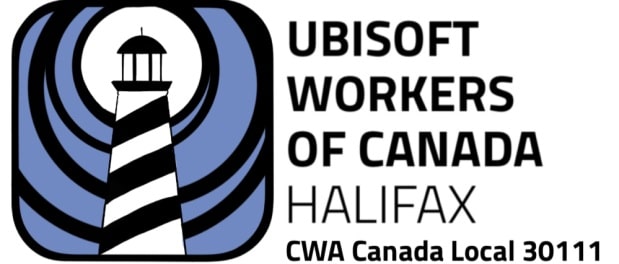SIPTU ballots for industrial action in Section 39 over unpaid wages
06.02.25
SIPTU, one of Ireland’s largest trade unions and UNI affiliate, has begun balloting up to 5,000 care workers in a dispute over unpaid promises and wages.
SIPTU, one of Ireland’s largest trade unions and UNI affiliate, has begun balloting up to 5,000 members employed across 21 Section 39 organisations in a dispute over unpaid promises and wages. Section 39 organisations are privately owned charities and agencies contracted by the Irish State to deliver vital services. The workers are providing disability care, elder care and home support.
The union’s stance follows a failure by the Irish government to honour a pay agreement made in October 2023. This agreement, struck at the Workplace Relations Commission, was designed to restore the long-standing pay link between the public and community and voluntary sectors. SIPTU says the government has failed to follow through, leaving workers frustrated and underpaid.
SIPTU sector organiser Damian Ginley said: “The failure of successive governments to deliver on pay justice for Section 39 workers has left our members struggling with low wages, while the organisations they work for face relentless recruitment and retention crises that undermine services.”
The Irish government’s Programme for Government makes no specific mention of Section 39 workers, though it does contain a general pledge to work with the voluntary sector on improving pay and staffing within disability services. This pledge, however, has been deemed insufficient by SIPTU.
SIPTU divisional organiser Kevin Figgis said: “The plight of Section 39 workers took centre stage during the General Election campaign. Senior Government politicians were falling over themselves to offer support and solutions, in the media and their election manifestos. However, their fine words ring hollow when we examine the Programme for Government. The incoming Government has failed to include an adequate commitment to address the pay injustice that Section 39 workers face. Our members’ patience has now run out; they are saying enough is enough and want to take action. The Government must stop treating our members, who provide essential disability care, elder care, and home support services, as second class.”
Oliver Roethig, Regional Secretary of UNI Europa, commented on the importance of collective bargaining in this context: “Collective bargaining is the cornerstone of a fair and just workplace. The fight for fair pay and working conditions in the community and voluntary sector is not just about wages – it is about dignity, respect, and recognition for the essential work these workers do. The government must engage in meaningful dialogue to address these issues and restore fairness for workers in Section 39 organisations.”
In a related development, the 6th UNI Europa Conference, which is set to bring together over 600 trade unionists from across the region at the end of March, will focus on strengthening collective bargaining power and supporting workers in their ongoing struggles for fair pay and conditions.


